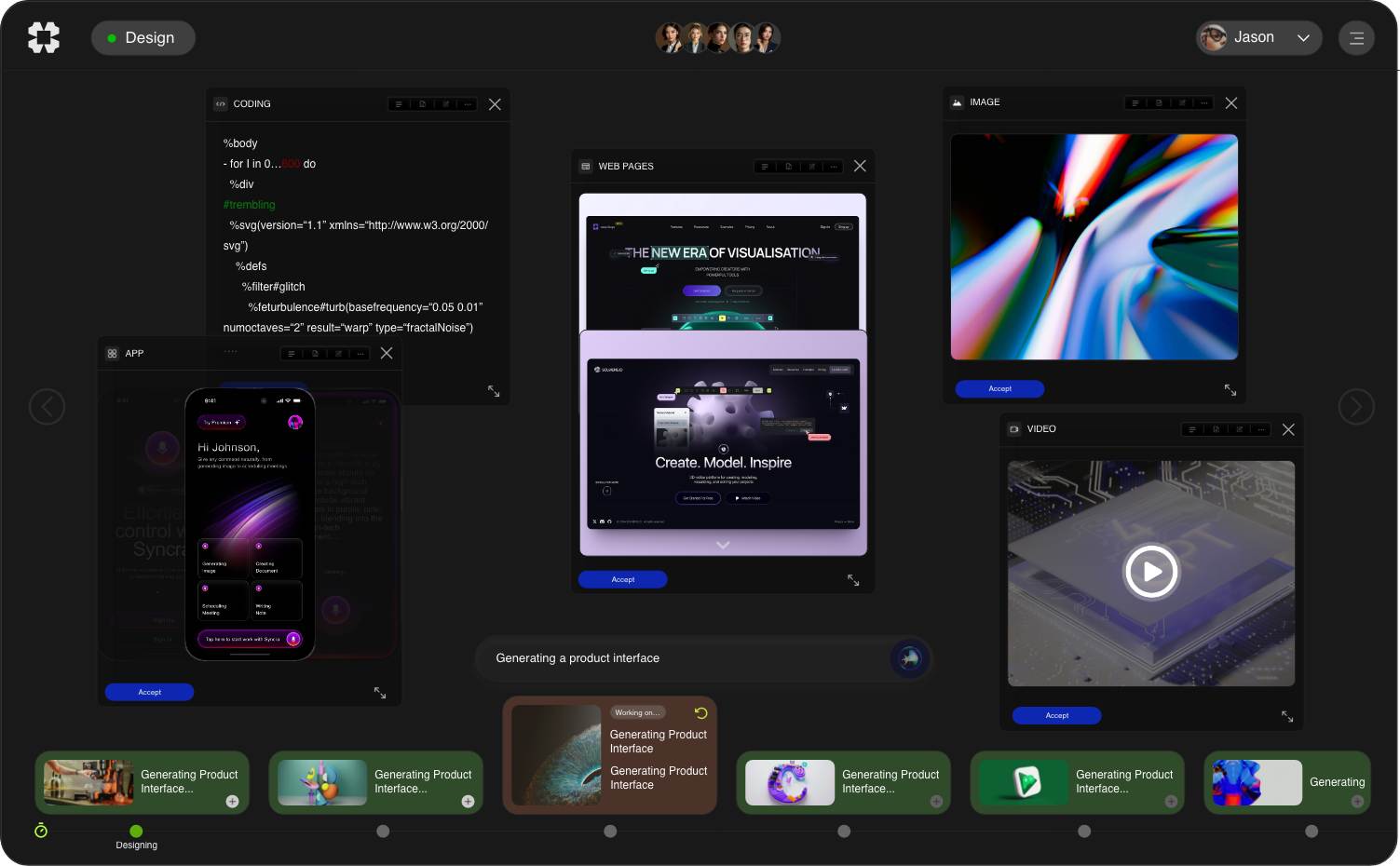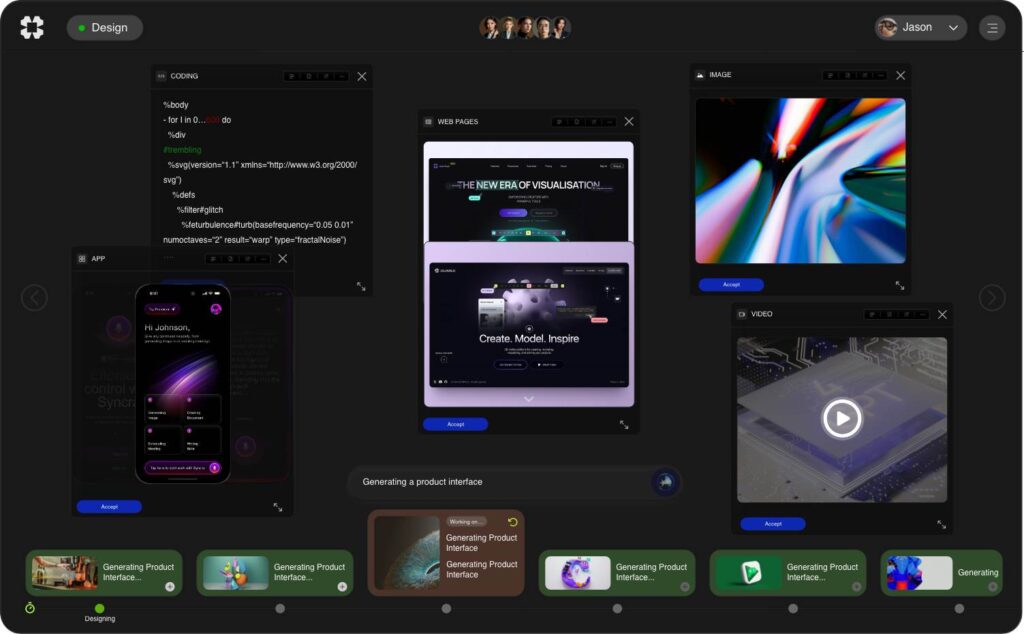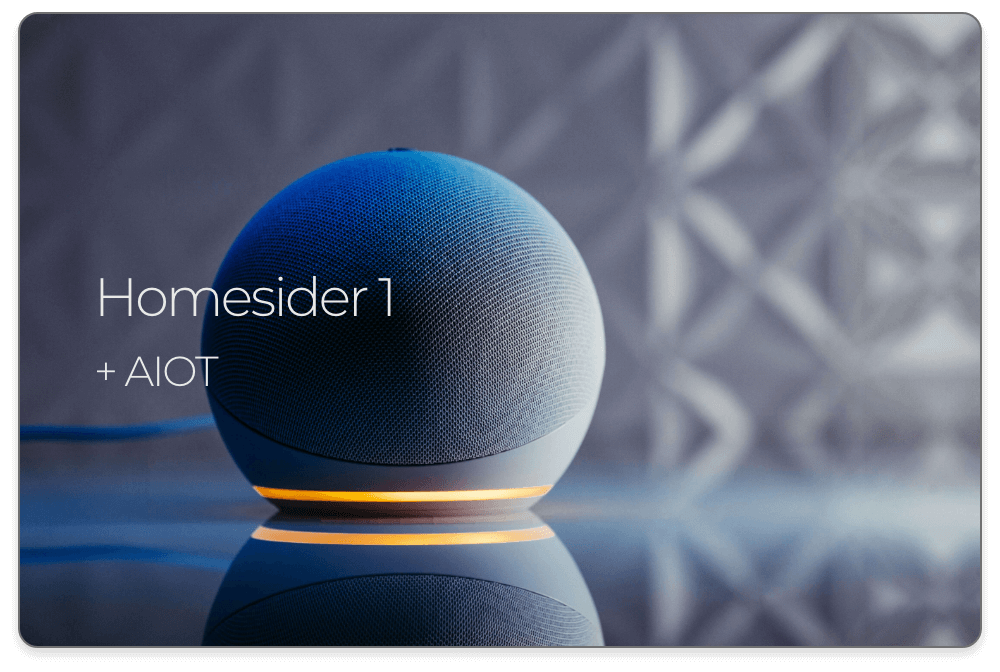Artificial Intelligence (AI) is redefining various industries, none more so than financial services. A sector characterized by massive amounts of data and a need for rapid decision-making, financial institutions are increasingly turning to AI technologies to enhance efficacy, improve customer service, and mitigate risks. . The adoption of AI in financial services is reshaping everything from algorithmic trading to fraud detection, providing financial organizations with the tools they need to thrive in a competitive landscape. .
AI-driven solutions enhance the analytical capabilities of financial institutions, leading to more informed decision-making. Risk management is an area where AI shines brightly; machine learning algorithms can analyze historical data to detect patterns indicating potential risks before they become critical. For instance, JPMorgan Chase has developed a program called COiN (Contract Intelligence), which utilizes AI to review legal documents at remarkable speed, significantly reducing the time and costs associated with document review. . The ability to process complex data sets in real-time allows financial services to react swiftly to market changes, creating a competitive edge that is essential in today’s fast-paced environment.
Moreover, AI enhances customer experiences through personalized services. Financial institutions deploy AI chatbots and virtual advisors, which provide immediate responses to customer inquiries, effectively reducing wait times. These systems are more than just automated responses; they leverage natural language processing (NLP) to interpret complex queries. According to a study by Accenture, AI has the potential to boost customer engagement in banking by over 40%. Such personalization not only enhances customer satisfaction but also builds loyalty, as clients feel their needs are being met promptly and efficiently. .
Despite these benefits, the implementation of AI in financial services is not without challenges. Security and privacy concerns are paramount, as the handling of sensitive financial information demands utmost caution. Regulations such as the General Data Protection Regulation (GDPR) and the California Consumer Privacy Act add layers of complexity. Organizations must ensure that their AI systems are not only effective but also compliant. . Another concern is the potential for bias in AI algorithms. If not properly managed, biases inherent in training data can lead to discriminatory practices in credit scoring or lending, potentially alienating segments of the customer base. Financial institutions must vow to audit their algorithms regularly to proactively mitigate these risks.
**Innovating HR Tech with AI: The Future of Human Resources**
In a world where talent management is a critical strategic focus, AI is revolutionizing the Human Resources (HR) sector. Traditionally viewed as a functional support department, HR is evolving into a data-driven powerhouse with the help of AI technologies. Companies like Google and IBM are adopting AI for everything from recruitment to employee engagement, fundamentally transforming how organizations manage and engage their workforce. .
With AI in recruitment, companies are harnessing the power of data analysis to streamline the hiring process. Automated systems can sift through hundreds of applications, seeking patterns that indicate the right fit for a position. AI-driven tools can even conduct preliminary interviews via chatbots, asking candidates standardized questions and scoring their responses based on predetermined criteria. This not only shortens recruitment cycles but also reduces biases that can influence hiring decisions. . However, while utilizing AI can enhance efficiency and diversity in hiring, companies must ensure transparency in their algorithms to build trust and avoid perpetuating existing biases.
During onboarding and training, AI can tailor programs based on individual employee needs. It can analyze employee performance and recommend specific learning paths, ensuring that workers are continuously upskilled and reskilled in line with industry demands. A report from Deloitte indicates that companies utilizing AI for employee training experience a significant increase in productivity and employee retention rates. By creating personalized training experiences, organizations can foster a culture of continuous learning that resonates with the modern workforce. .
AI also plays a pivotal role in employee engagement and retention strategies. Tools equipped with sentiment analysis can monitor workplace climate by analyzing employee feedback from various communication channels. This analysis provides management with invaluable insights into employee morale and can prompt timely intervention strategies to address potential issues. As reported by McKinsey, companies that actively engage their employees have a 21% higher profitability rate. By utilizing AI-driven analytics, HR can become more responsive and proactive in cultivating a healthy workplace environment. .
Still, the integration of AI in HR is not a panacea. Concerns regarding data privacy and security loom large as HR departments are custodians of sensitive personal information. Ensuring compliance with various regulations while leveraging AI technologies remains a complex challenge. Additionally, the human element in HR cannot be understated; while AI can enhance many processes, relationship-building and emotional intelligence remain critical components that machines cannot replicate. . Therefore, the most successful implementations of AI will likely involve a harmonious balance between technology and human intervention.
**Revolutionizing QA with AI in Automated Testing: The Future of Software Development**
The software development lifecycle has seen tremendous changes over the past decade, especially with the advent of AI in automated testing. Companies are increasingly integrating AI-driven testing frameworks to accelerate their processes, ensure better quality software, and enhance user experiences. . Traditional testing methods are often labor-intensive and time-consuming; AI presents a solution that can adapt and evolve with changing software environments.
One of the significant advantages of AI in automated testing is its ability to adapt testing strategies based on historical data. Machine learning algorithms can analyze patterns from previous test cases and results, optimizing testing efforts by prioritizing the most critical paths. For instance, companies like Facebook use AI to enhance their continuous integration and delivery pipelines, increasing deployment confidence while reducing time spent on manual testing. . As a result, these organizations can push releases faster without sacrificing quality, a crucial factor in maintaining competitive advantage in congested markets.
Moreover, AI-powered testing tools can simulate end-user interactions, offering insights into how software performs under different conditions. These insights can help developers identify bottlenecks and areas requiring improvement before actual users encounter issues. By utilizing predictive analytics, businesses can foresee and mitigate potential risks, increasing overall reliability and performance. A report from the World Quality Report noted that organizations incorporating AI in their testing could reduce defect rates by as much as 30%. .
However, while the benefits of AI in automated testing are evident, challenges persist. The implementation of AI technologies often requires significant investment in both tools and training, posing a barrier for smaller organizations. Furthermore, testing AI itself can be complex; ensuring accuracy and reliability in automated testing tools is paramount. . As software becomes increasingly complex, developers must commit to continuous evolution in their testing strategies, requiring both time and resources.
Companies that harness AI in their testing processes can lead the charge in software quality assurance, enjoying a distinct edge in a technology-centric world. The continuous feedback loop enabled by AI ensures that products are continually refined, ultimately resulting in better user experiences. As the industry moves forward, organizations that embrace AI for testing will likely pave the way for the future of software development.
In conclusion, AI has demonstrated its profound impact across various industries, with financial services, HR tech, and automated testing at the forefront of this revolution. As organizations navigate the complexities of AI integration, the potential rewards promise to redefine how we engage with technology. With challenges still present—be it ethical concerns in finance, transparency in HR, or reliability in testing—proactive measures can lead to solutions that harness this powerful tool for optimal outcomes. As we anticipate what the future holds, the journey towards comprehensive AI adoption promises to reshape industries and drive innovation like never before.

























